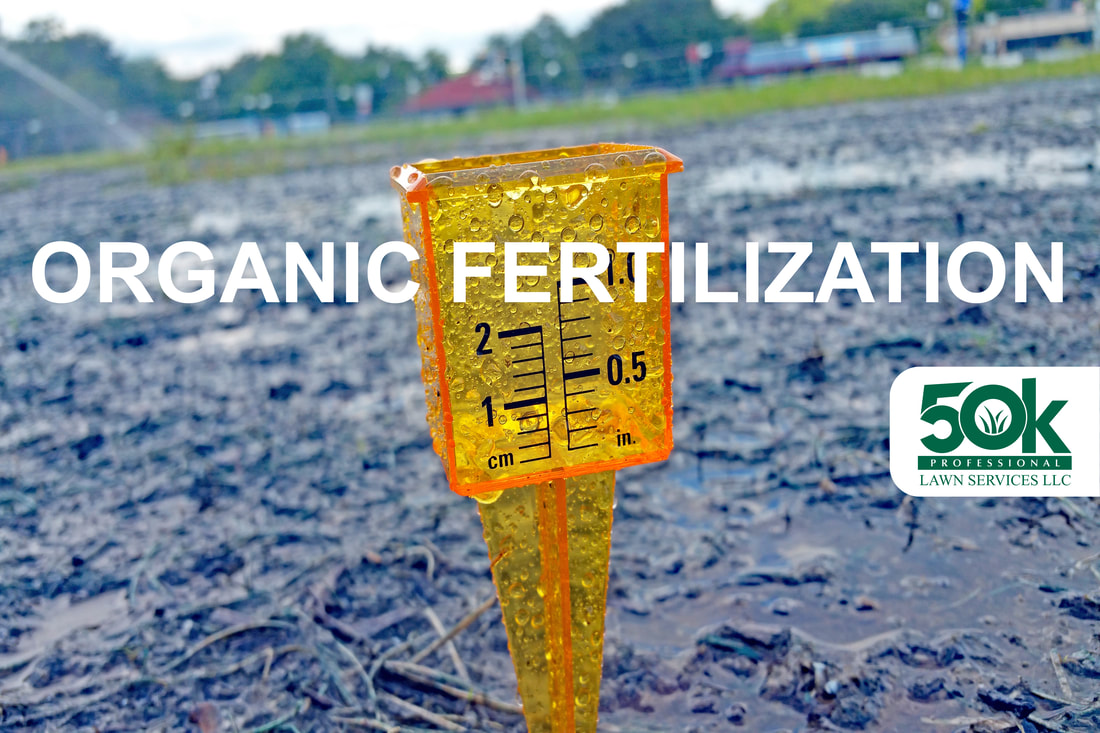|
Many new clients have asked us about our weed targeting methods, and we want to clarify our approach. At 50k Professional Lawn Services LLC, we prioritize the health of the soil that your lawn grows in, rather than targeting individual weeds. We take inspiration from organic farms in America and from far flung areas in the world that has not yet been taken over by large conglomerates (yes, we travel the world to get unbiased information to apply to lawns), who use traditional methods to make their crops more resilient to pests, diseases, and weed infestations. By prioritizing soil health, we ensure that your lawn outgrows unwanted vegetation through crop rotation and propagation methods.
Unlike the tens of thousands of other lawn care companies in the industry, we do not rely on pre-emergent nor on post-emergent treatments to control weeds. Instead, we utilize cutting-edge soil science and traditional pre-World War farming methods to propagate lawns. We have extensively researched these methods, debunking misinformation along the way, and developed proprietary techniques to promote optimal soil health for lawns. Our comprehensive approach to organic lawn care includes a combination of soil science, traditional crop management techniques, and advanced technology. By focusing on the health of your soil, we are able to create a thriving, resilient lawn that can resist weeds, pests, and diseases. While we are neither a weed control nor a pest control company, our proprietary techniques have the inadvertent positive effects of suppressing both weed germination and pest infestation for reasons we still do not yet fully understand. Our hunch is a high brix indicator test of grass blade sap resists both through the natural breakdown of sugar in grass root exudation. But then again, this is just a hunch. Another hunch is the unavailability of nitrates in the soil makes it harder for weeds and pests to have immediate nutrients for growth: the lawn on the other hand has the ability to convert organic matter into nitrogen through bacterial decomposition; hence, the use of bacteria dominant compost tea. What we know for sure is that our proprietary method works. We take pride in offering a different kind of service not available anywhere else in Austin that is grounded in science and has been proven to produce impressive results in the real world. We simply focus on creating healthy soil conditions that are favorable to grass growth. That's all. 50K Professional Lawn Services LLC. 844-505-5296. Austin, Texas.
1 Comment
5/28/2024 12:25:45 am
Impressive words and lines: Organic Lawn Care? But How Do You Target Weeds on Lawns? This topic is so crucial for anyone looking to maintain a healthy, chemical-free lawn. It's fascinating to see how organic methods can be just as effective, if not more so, than traditional chemical treatments. Spot-on suggestions like manual weeding, using vinegar sprays, and ensuring proper lawn health to outcompete weeds are game-changers. It's also amazing to learn about the benefits of soil health and natural lawn care. Thanks for sharing such valuable insights. Can't wait to try these techniques in my own garden!
Reply
Leave a Reply. |
Call or Text |
